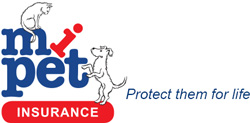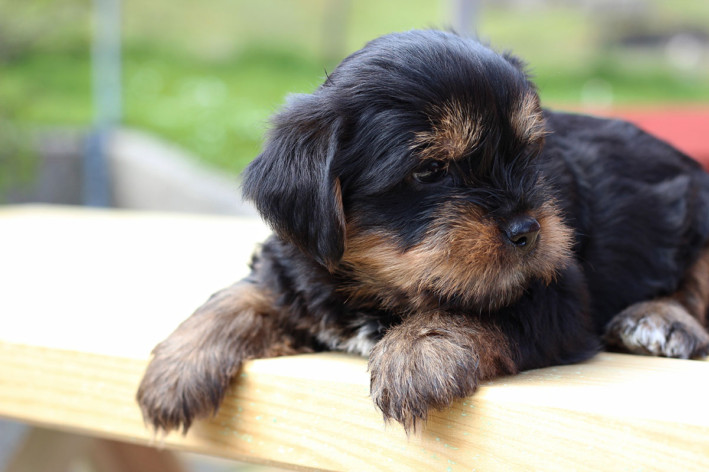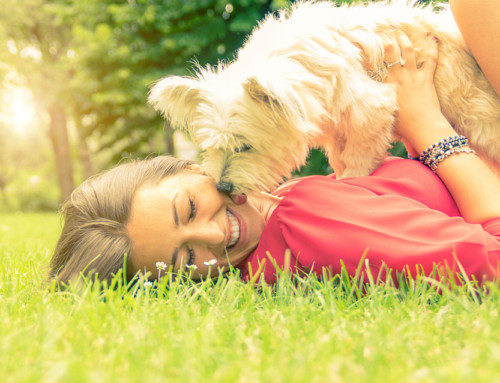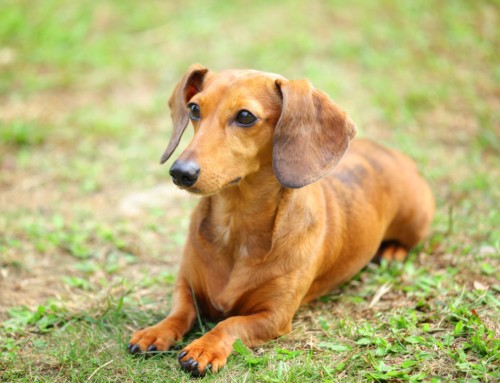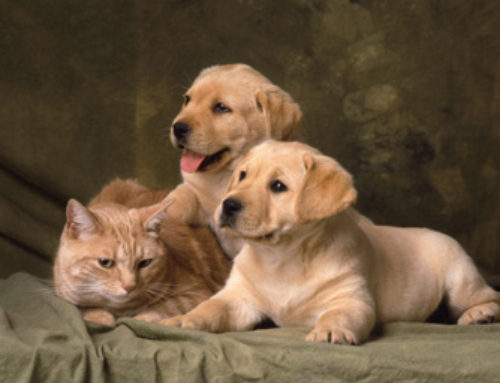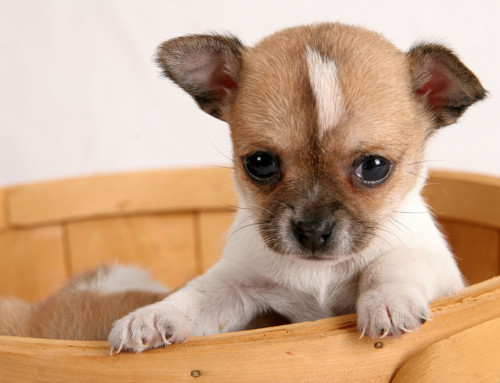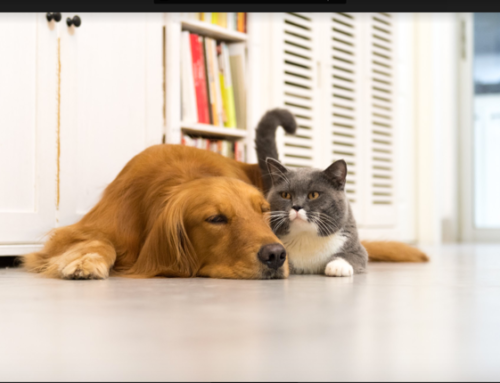Positive reinforcement is key.
Puppies are easy to fall in love with – they’re soft, cuddly and cute. But don’t be fooled: as soon as you take your bundle of joy home, they’ll start leaving their own bundles of “joy” all over the place and it can be frustrating having to clean up after them. Remember, just as it took months for us to get out of nappies, no pup has ever been potty trained over night. It takes weeks, even months for your puppy to learn where the toilet is and how to use it. Here are some tips to help make this process easier:
to the RSPCA, dogs learn best from positive reinforcement than they do from negative treatment. When training a pup in general always congratulate them with a treat and a pat when they do the right thing. On the other hand, negative reinforcement like sticking their nose in the poo, hitting, neglecting or shouting at them when they do their business inside will just make them scared of you and they probably wont learn much, according to the RSPCA. This is because most of the time it takes us a while to notice accident – shouting at them hours after the incident means they wont even remember doing the deed, leaving them unable to connect the action to the punishment you give them. For more information see 5 tips for taking home a new puppy.
Section them off.
By keeping your dog in one spot where they feel comfortable, like the laundry or kitchen, you can reduce the amount of mess on the carpet and other areas of the house. Or, if shutting the door on your pup seems a bit harsh, you can try gating certain areas off using a child-safe fence. Not only does keeping them in one place make it easy to spot and clean up accidents, but according to PetMD, dogs are also much less likely to go to the toilet in a place where they eat or sleep, meaning your pup will probably make an effort to hold toilet urges for a little longer than they usually would.
With that said, leave any dog in one spot long enough and they will not be able to hold it in after a certain amount of time – generally, a 12 week old puppy can only hold it in for about two hours or so. To avoid discomfort, where possible, try to not to leave them alone for too long if you can avoid it.
Set up a routine.
Puppies work best on a routine. If you feed a pup at the same time every day, they’ll most likely need to relieve themselves at the same times of the day. Once a routine is established, you’ll be able to pinpoint when its time to make a trip outside.
Give the potty a special word or phrase.
Use the phrase every time you take them outside to relieve themselves and also while they’re doing it, so they can establish the word’s meaning. This could help them learn to go on cue.
What if I live in an apartment?
The good news is that when they’re finally trained, apartment pups become superstars at doing their business on a schedule. The bad news of course is that potty training puppies is a lot harder in an apartment – especially because they have small bladders and will need to go more frequently. Try feeding them and taking them outside at the same time every day and as often as possible. For more information, see how to adjust to apartment life with a dog.
